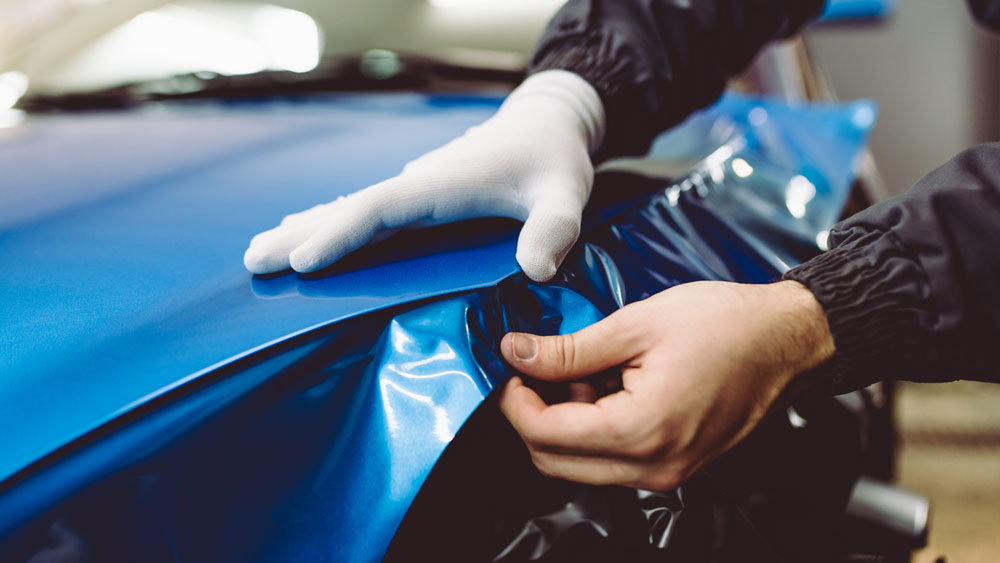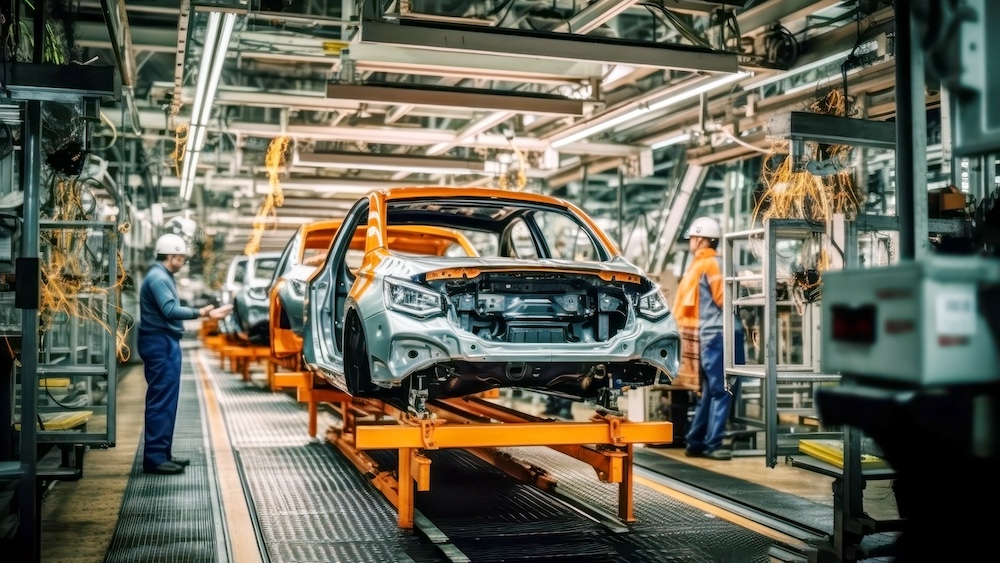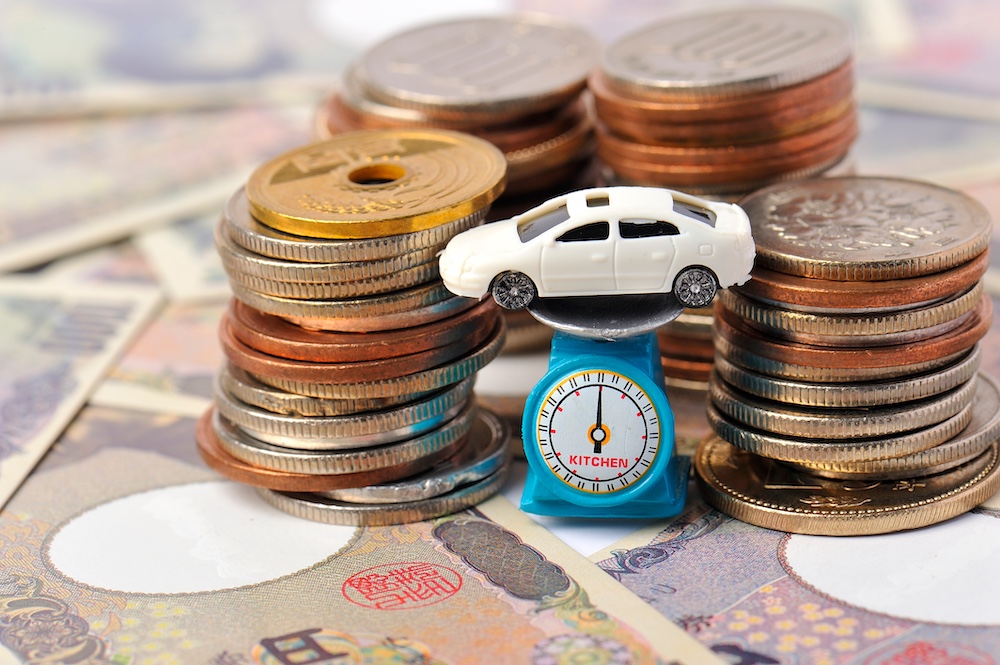Thinking of reinventing your vehicle’s exterior? Anything is possible with car wraps.
As a trusted provider of car wrapping services in Sydney, Seven Smart Auto addresses your most frequently asked questions about this type of vehicle makeover.
What is a car wrap?
A car wrap is an instant solution that protects your car’s surface and adds personality to your ride. It’s cheaper and quicker to apply than auto paint, making it incredibly popular among car owners.
If you opt for a car wrap, you don’t have to wait as long as you would for autopaint to dry on the surface. But you have just as many options for how you want it to look like.
Car wrapping services typically offer gloss, matte, metallic, chrome and fluorescent vinyl wraps. Functionality aside, you can use car wraps to customise the way your vehicle looks.
You may opt for a solid colour. Partial car wraps are also available if you only plan to cover some panels such as the hood, trunk and roof. Or if you’re using car wraps for company vehicles, you may choose to add a vinyl brand logo along the surface.
What are the benefits of a car wrap?
Some people still prefer paint jobs over car wraps. But the latter is gaining popularity for many reasons. Design options and budget are some of the most obvious benefits.
Car wrap colour and design options are virtually limitless. This is because your design is printed on vinyl wraps using large format printers. Budget isn’t an issue, either. A full car wrap can cost as low as $2,800. Meanwhile, auto painting services set you back $3,000 to $6,000 on average.
In addition to these reasons, consider the following benefits of choosing car wraps:
- Car wraps are a quick and easy job that typically takes one to five days for completion.
- Let your imagination run wild — customisation is one of the best features of car wraps.
- Vinyl wraps act as a protective outer skin that goes over your car’s original paint. Clear wraps are also available in case you just want to protect the original paint from wear and tear.
Also, customised car wraps on company vehicles provide free, effortless advertising any time you’re on the road.
What are the pros and cons of car wrapping?
Some people are hesitant to try car wrapping services because not all wraps are created equal. They’re custom printed so quality might be an issue for service providers that encounter equipment concerns. The quality might not be the same, too, if you need to replace just a few panels.
Speaking of panels, application can be tricky if you aren’t working with seasoned car wrap experts. Work with someone who pays close attention to detail if you want it to look natural and flawless.
These factors — design quality issues and application concerns — can be avoided, though. The pros definitely outweigh the cons when you’re working with a professional car wrapping service provider. Take a look at the pros of choosing car wraps, especially compared to auto paint:
- Car wrapping services cost much less than auto painting services.
- Car wraps are less labour-intensive; you get your car back faster.
- Vinyl car wraps are easily removable; you can re-wrap your vehicle anytime.
- Vinyl wraps are customisable so you can wrap any car, regardless of the size.
Talk to your local car wrapping expert to explore your design ideas — whether the car wraps are for your personal car or a fleet of company vehicles.
How do you apply a car wrap?
The car wrapping process is fairly simple.
First, you draw up a plan.
Inspect the car surface and take note of its curves and edges — this lets you get accurate measurements that leave no awkward spaces or bubbles. Also, review the type of vinyl wraps you need for the project and determine how much you need.
Second, you prepare everything you need.
This includes checking whether you have all the right tools for the wrap application. It also includes cleaning the car surface so that the vinyl wraps can cover it smoothly. Make sure there’s no dirt or dust particles — these affect the texture.
Third, double check the measurements and start small.
This means carefully laying the car wraps from one panel to the next, working your way up from the smallest and flattest areas. Cut any excess from the vinyl wraps, then tuck the edges for a clean outcome.
Finally, apply heat to each panel and wait for the wraps to settle on the surface.
It sounds easy. But if not done by a professional, car wrapping could end up looking sloppy. Trust a professional to give your car the sleek face lift that you envision. Another question: can you wrap your car quickly? You can, but it’s best to take your time for best results.
How long does a car wrap last?
A vinyl car wrap’s life expectancy greatly depends on how much sun exposure it gets. Professional wraps have an average lifespan of five years. They last longer with proper care and maintenance. But they can last as short as two years if they’re constantly exposed to heat and harsh sunlight.
Your car wrap’s colour could also play a role in life expectancy. Darker colours typically absorb more heat and energy. This doesn’t just affect the interior temperature; it could affect your car wrap’s lifespan, too. You might want to consider lighter colours as a precaution.
Additionally, be more mindful of where you park your vehicle. Parking in a garage — or in a shaded area, at least — greatly reduces damage to your vinyl car wraps.
Refrain from chipping away at warped areas or small bubbles. It’s just a minor issue. Let your professional installers fix the problem before it causes greater wear and tear.
Explore your Car Wrapping Options Today
Seven Smart Auto provides provide car wrapping services in Sydney. We offer competitive pricing and quality materials for tailored services. Let’s discuss your design ideas and transform your vehicle into your dream car. For enquiries, get in touch with us today.









